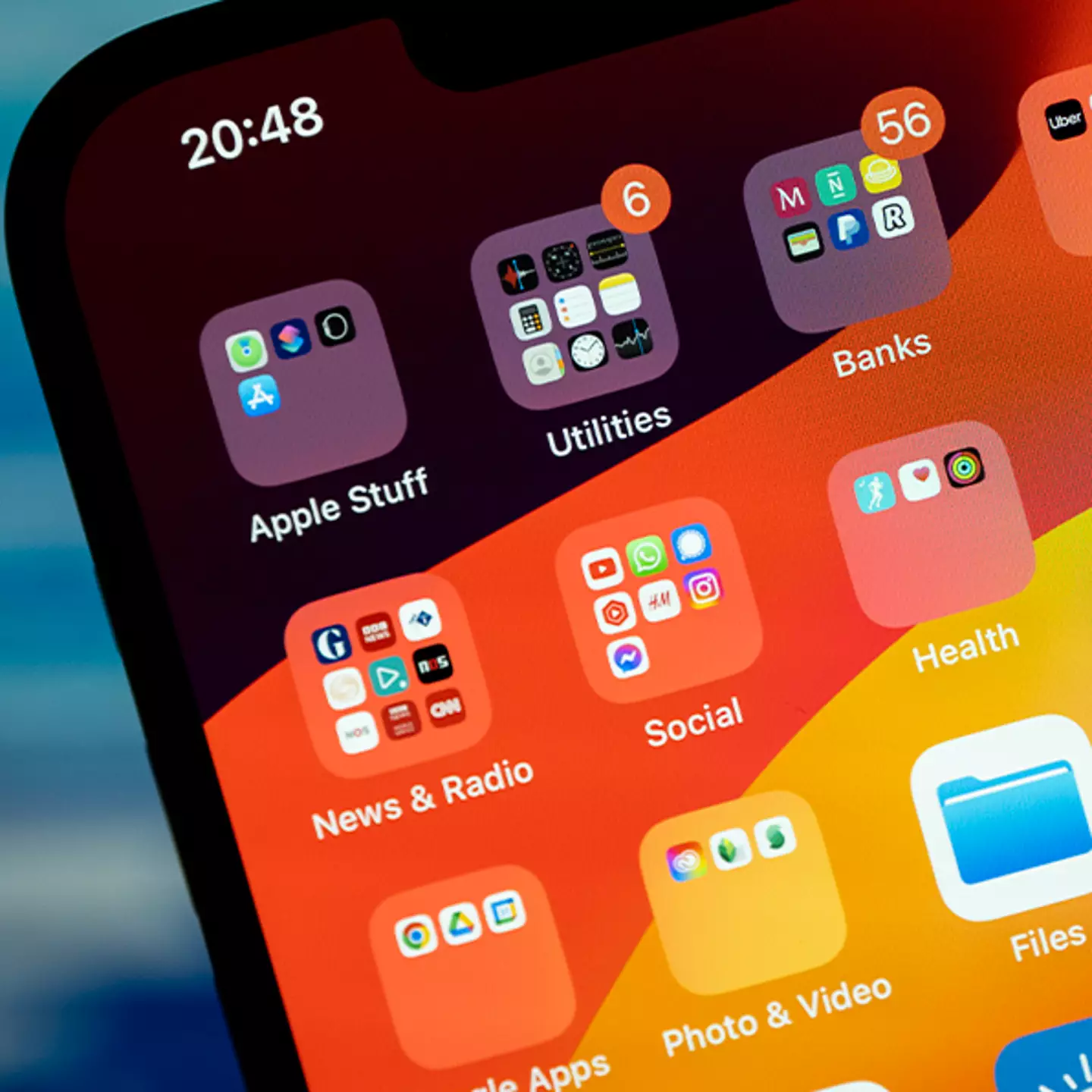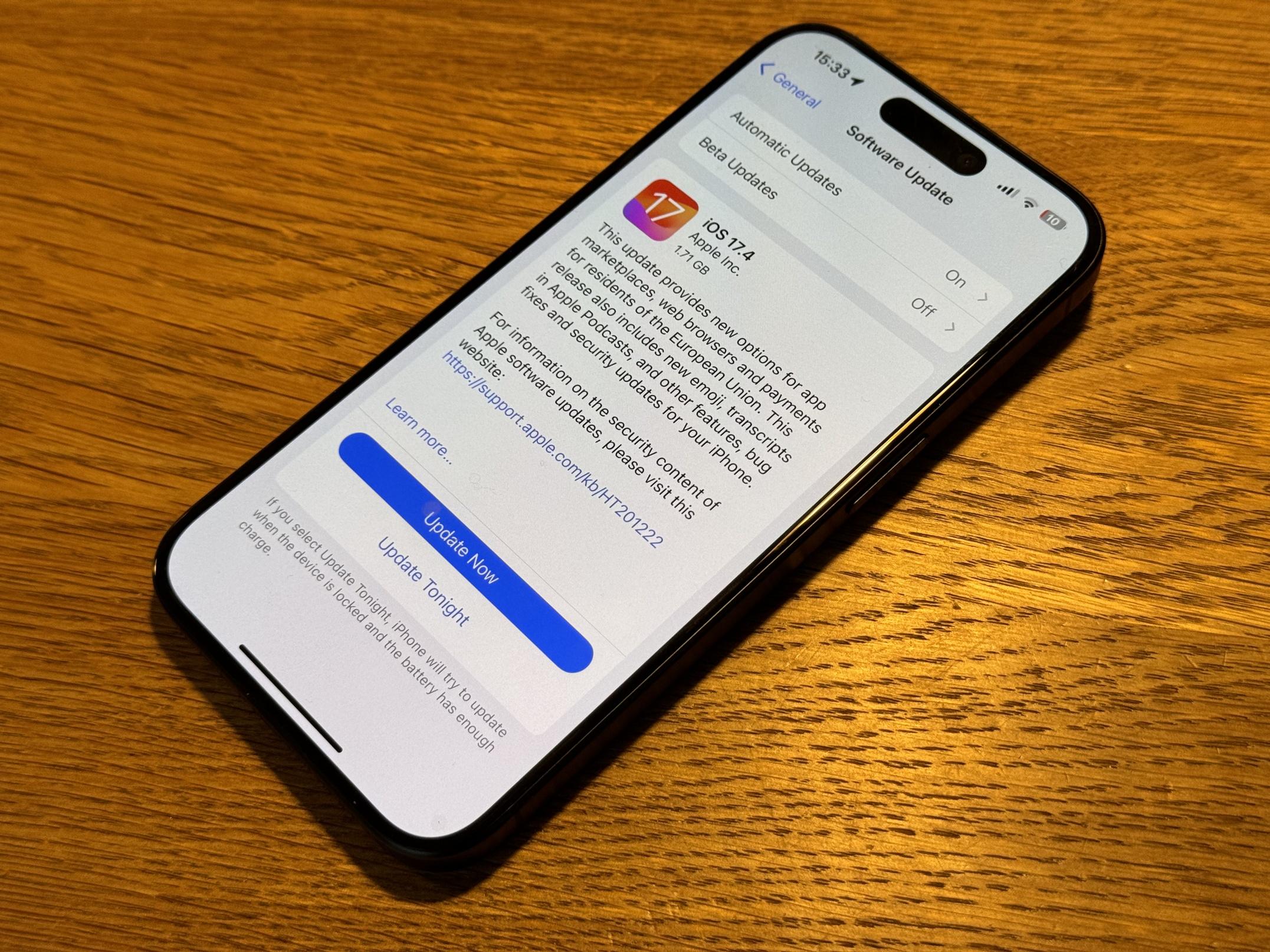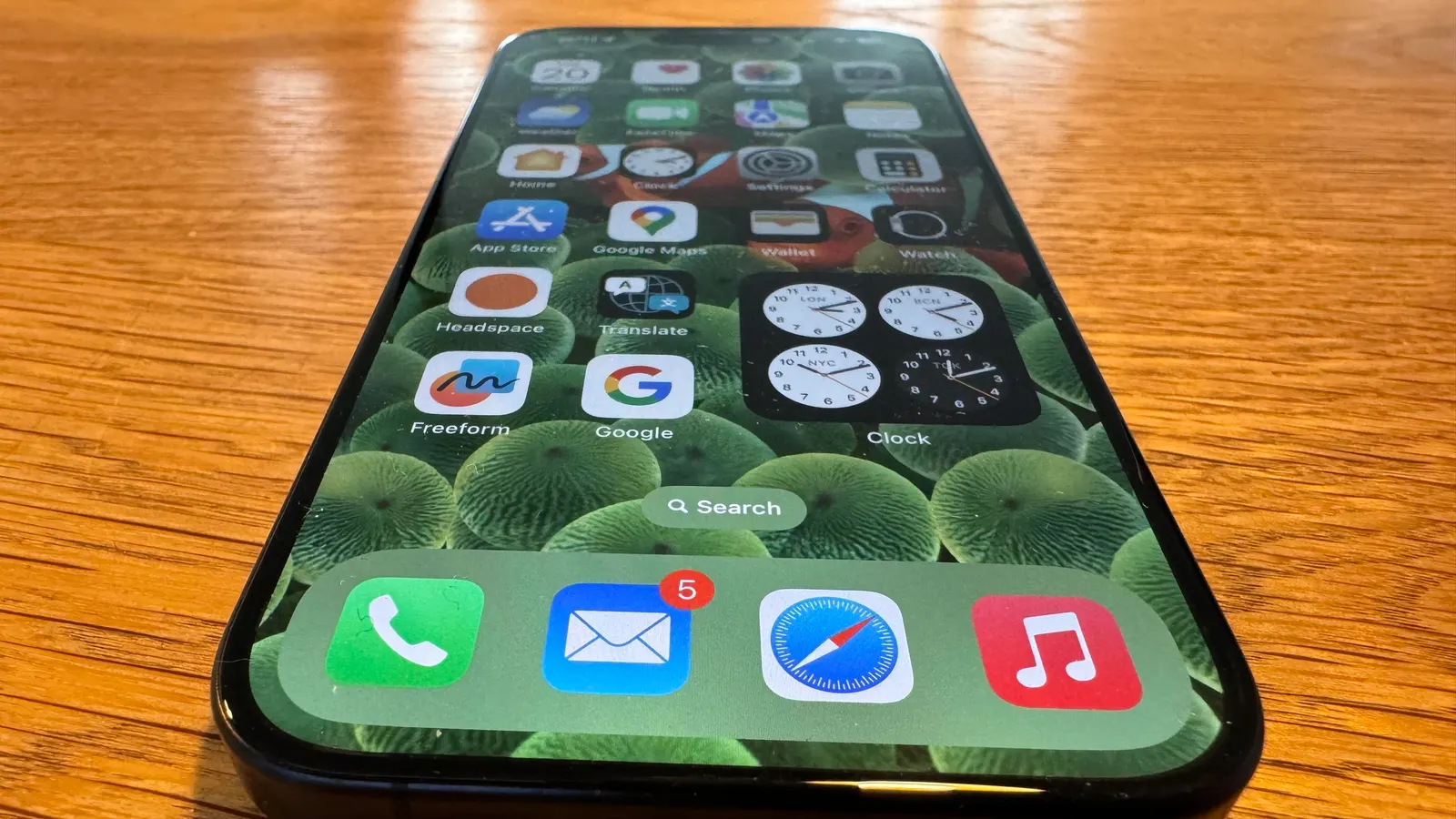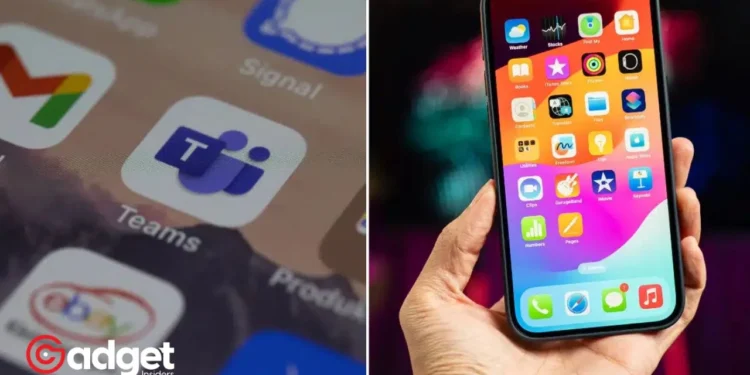In an unexpected move that signals a new chapter for iPhone users, Apple has announced a significant policy reversal in its upcoming iOS 17.4 update. This development comes at a crucial time, aligning with the European Union’s enforcement of the groundbreaking Digital Markets Act. As Apple gears up for this major release, expected imminently on or before March 6, the tech giant is navigating the complex waters of regulatory compliance and market demands.
This article delves into the nuances of this strategic pivot, exploring what it means for users and the broader tech landscape.
Apple: A New Era for the App Store
Since the inception of the iPhone, the App Store has been the exclusive gateway for downloading applications, a policy that has allowed Apple to maintain a tight grip on app distribution and ensure a secure ecosystem. This model, however, has come under scrutiny for potentially stifling competition.
In a bold move to address these concerns, Apple is set to introduce a significant change in the EU, allowing for the first time the sideloading of apps from sources outside the App Store.

This change is a direct response to the EU’s Digital Markets Act, a regulation designed to foster a more competitive digital market.
Apple’s adaptation to this act is detailed in a comprehensive 32-page white paper titled “Complying with the Digital Markets Act,” which offers a transparent look into the company’s approach to navigating these regulatory waters.
Implications of Sideloading
The introduction of app sideloading is poised to reshape the user experience, offering more freedom in app selection but also raising questions about security and content control. Apple has expressed concerns that this shift might compromise the safety measures that the App Store’s exclusivity provided.

This emphasizes security, and, again in Apple’s words, ‘Means the company won’t be able to prevent apps with content that Apple wouldn’t allow on the App Store – like apps that distribute pornography, apps that encourage consumption of tobacco or vape products, [or] illegal drugs.’
To maintain user awareness and security, the tech giant plans to implement on-screen alerts for EU users venturing outside the App Store’s bounds to download apps or make payments. This measure aims to keep users informed about the potential risks and differences in security protocols when engaging with external sources.
Balancing Competition and Security
The pivot to allow app sideloading is a testament to Apple’s adaptability in the face of regulatory demands and competition concerns. Critics and competitors have long accused the company of monopolistic practices by restricting access to alternative app marketplaces and payment methods.
This update is a significant step toward addressing these criticisms, indicating the company’s commitment to evolving its ecosystem in alignment with global standards for digital markets and competition.
iOS 17.4 is out!!
Key features included in this update are:
– Podcast Live Transcripts (!!!)
-New Emojis
-Increased iMessage encryption / protection
-Siri supports additional languages #Apple #iOS pic.twitter.com/04AHbTni6B— TechWAB 🚀 (@TechWAaron) March 7, 2024
However, this move also underscores the delicate balance between fostering an open, competitive market and ensuring the security and integrity of the digital ecosystem.
As Apple embarks on this new journey, the tech community and users alike will be keenly watching the implications of these changes on the app market, user security, and the overall digital landscape.

In conclusion, the iOS 17.4 update marks a pivotal moment for Apple and its users, ushering in a new era of app distribution and marketplace dynamics. By navigating the complexities of regulatory compliance, competition, and security, Apple is setting the stage for a more inclusive and diverse digital ecosystem.
As the update rolls out, it will be interesting to see how these changes are embraced by users and developers and what further innovations and adjustments will emerge in this continually evolving tech saga.










